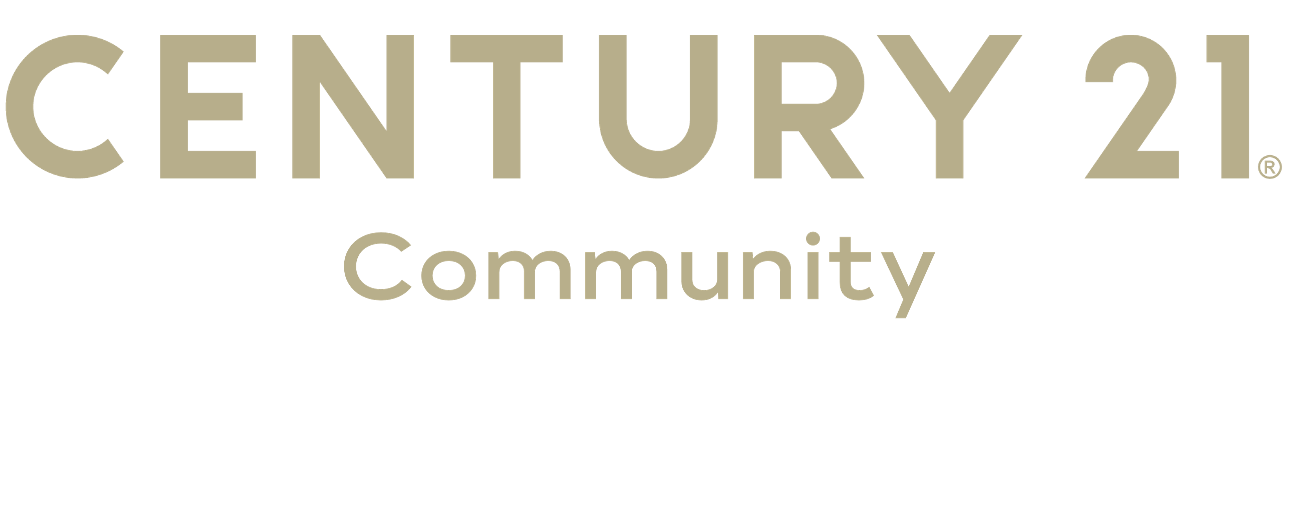 So you’ve decided to buy a new house, now what? One of the first things you should do is figure out how much you can afford to spend. The last thing you want to do is put yourself in a difficult financial situation by overspending on your house. This is a payment you are going to have to make every month for the next 30 years! In this day and age, there are many sites out there that have a calculator to get you started. They calculate this by asking you for things like your monthly income before taxes, the down payment you will be making, your monthly debt payments and the mortgage interest rate.
So you’ve decided to buy a new house, now what? One of the first things you should do is figure out how much you can afford to spend. The last thing you want to do is put yourself in a difficult financial situation by overspending on your house. This is a payment you are going to have to make every month for the next 30 years! In this day and age, there are many sites out there that have a calculator to get you started. They calculate this by asking you for things like your monthly income before taxes, the down payment you will be making, your monthly debt payments and the mortgage interest rate.
A mortgage lender will also tell you how much they are willing to give you a loan for, but you still want to make sure that you are comfortable with this payment. After all, you will be making this payment every month, not your lender. Here is a good list of things to consider when seeing how much of a home you can afford. Figure up your current combined annual income, your monthly child support payments, monthly auto payments, monthly credit card payments, monthly association fees and other monthly obligations. Next is to think about your new loan. What will the annual interest rate be on your new mortgage, the term of your new mortgage, funds available for your down payment, estimated annual property taxes and the estimated annual home owner’s insurance.
Another way to figure out how much house you can afford is to use the 36% rule. This means that your total debt payments should never add up to more than 36% of your gross income. For every dollar that you earn a month, you should dedicate no more than 36 cents towards your mortgage payment, credit card debt and other debts. This will help keep you in a financially sound situation and provide you with a cushion. You never know what life can throw at you and you always want to have a nest egg to fall back on and not be “house poor”.
Most times, you will be required to make a down payment for your house. This down payment will also help determine how much house you can afford. You don’t want to give up all of your savings for your down payment. You want to keep a reserve. The best rule of thumb is to keep three months’ worth of housing payments in an account and six months would be ever better. That way, if you hit a bump in the road, you will still have that mortgage payment set aside and ready to be used.
You also need to keep in mind some fees that come along with buying a house. You will have a mortgage application fee. They can be a flat fee or 1 to 2% of the total purchase price. These can sometimes be worked into your closing costs. You will also have to have earnest money. This is an initial deposit that is paid to the seller so they know you want to purchase the house. You also have to consider how much of a down payment that you are required to make. This can range from 0% to 20% or more of the total cost of the home. At closing, you will have closing costs. These typically range from 2% to 4% of the total loan. They can include the mortgage application fees, mortgage points, attorney fees, inspections and surveys, title insurance and title search, escrow deposit and city recording fees.


 Facebook
Facebook
 X
X
 Pinterest
Pinterest
 Copy Link
Copy Link



